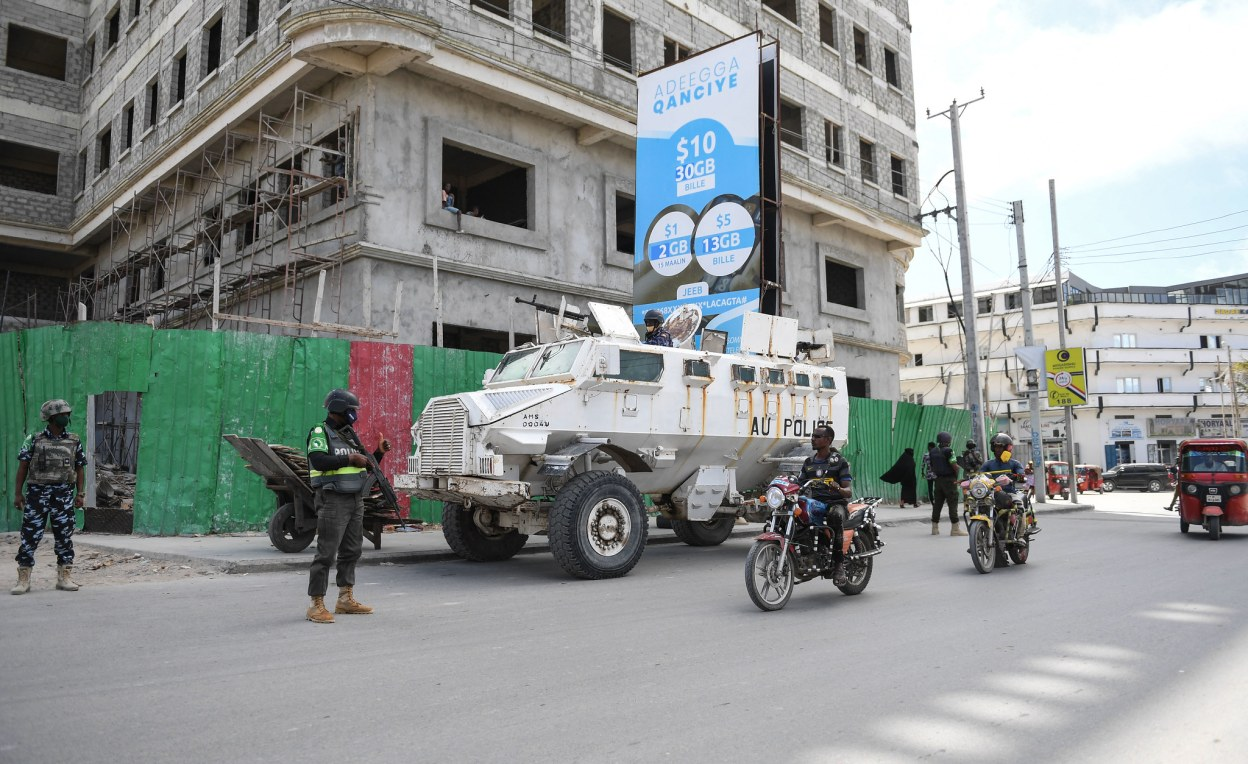Mogadishu, Somalia — Somali terrorist group al-Shabab has threatened to attack electoral delegates who will be choosing lawmakers in parliamentary elections beginning next week.
The Islamist militant group has threatened to disrupt the upcoming presidential and parliamentary elections in the Horn of Africa country.
The leader of the group, Ahmed Abu Ubaidah, said Tuesday they are opposed to the poll process and threatened the electoral delegates.
He said the delegates should not be deceived by the empty promises such as financial benefit and secret ballot, and should think of the destiny of previous delegates who took part in 2017 elections, some whom were killed and others still live in fear.
Al-Shabab claimed responsibility for attacks that killed dozens of delegates during the last election process in 2017.
Ubaidah urged delegates to reconsider their decision to participate in this year’s election, adding that those who defy al-Shabab will not be safe.
The polls begin this Sunday with Somalia’s influential clans electing 54 members of the upper house of parliament.
Abdisalam Gulaid, the former deputy director of Somali Intelligence Agency NISA, said this latest threat is aimed to create climate of fear among those involved in the polls.
He said the new threats by the group towards upcoming historic elections in the country should not be taken lightly, stressing there is need for a coordinated response. He said that while the threats will definitely impact the polls, the group will not achieve its main goal of halting the democratic process in Somalia.
Somali security forces in cooperation with the African Union force in Somalia, AMISOM, are gearing up to ensure the safety and security of the polls.
Principal Security Advisor at the office of Somalia’s Prime Minister Abdi Dirshe said no stone will be left unturned to counter the latest threats.
He said the policy of the federal government regarding the al-Shabab group is very clear and thus they will be defeated and removed from the country. He said there is a security plan to ensure the safety of all the election venues across the country.
The Somali polls were delayed a year due to disagreements over the process. Lawmakers tried to extend the term of President Mohammed Abdullahi Farmajo but reversed the move under pressure from opposition groups and the international community.

